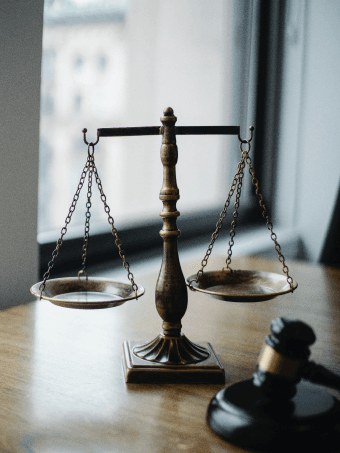Understanding Trademark Infringement and Fair Use
Trademark Infringement occurs when a third party uses a trademark or a similar mark in a way that is likely to cause confusion among consumers. Infringement can dilute the distinctive quality of a trademark and lead to financial loss for the rightful owner.
Fair use is a doctrine that allows limited use of copyrighted material without permission from the copyright holder. In the context of trademarks, fair use permits the use of a trademark without consent for purposes such as commentary, criticism, news reporting, and parody. This is to strike a balance between protecting intellectual property rights and fostering freedom of expression.
Dr. Seuss Enterprises v. Penguin Books (1997)
The case of Dr. Seuss Enterprises v. Penguin Books delves into the balance between trademark protection and the transformative use of a mark in a parody.
In this case, the book "The Cat NOT in the Hat!" was a parody of Dr. Seuss's well-known work "The Cat in the Hat." Dr. Seuss Enterprises sued for trademark infringement, claiming that the parody book's title could mislead consumers.
The court analyzed the parody's purpose and effect, emphasizing that a parody must "conjure up" the original work while providing a new commentary or criticism. In this instance, the court deemed that the parody effectively critiqued the original work by turning its whimsical content into a vehicle for social and political commentary. Consequently, the use of the title was transformative and protected under fair use, as it did not infringe upon the source material's trademark rights.
Louis Vuitton Malletier v. Haute Diggity Dog (2007)
The case of Louis Vuitton Malletier v. Haute Diggity Dog demonstrates how a fine line exists between trademark infringement and playful imitation.
In this case, the defendant, Haute Diggity Dog, created a line of dog toys that parodied luxury brands, including Louis Vuitton. Louis Vuitton claimed trademark infringement, arguing that the parody products diluted the distinctiveness of their trademark.
The court acknowledged the parody's humorous intent and its lack of potential to confuse consumers regarding the source of the goods. It upheld that the parody was protected by the First Amendment and fair use, stating that the toys were not likely to be perceived as Louis Vuitton-endorsed products. The court's decision underscores the importance of considering consumer perception and intent when determining fair use in parodies.
Takeaway
The cases discussed above illuminate the intricate balance between trademark protection and the rights of freedom of expression. Business owners must be vigilant in distinguishing between trademark infringement and fair use, understanding that not all uses of their trademarks may be unlawful.
It is crucial for entrepreneurs to engage with legal experts who specialize in intellectual property to navigate these complexities. Additionally, business owners should consider the nature of the use, the potential for consumer confusion, and the transformative nature of the usage when evaluating the legality of a third party's use of their trademark. As the business landscape continues to evolve, understanding the nuances of trademark infringement and fair use will be instrumental in safeguarding brand identity while allowing for creative expression and commentary.


